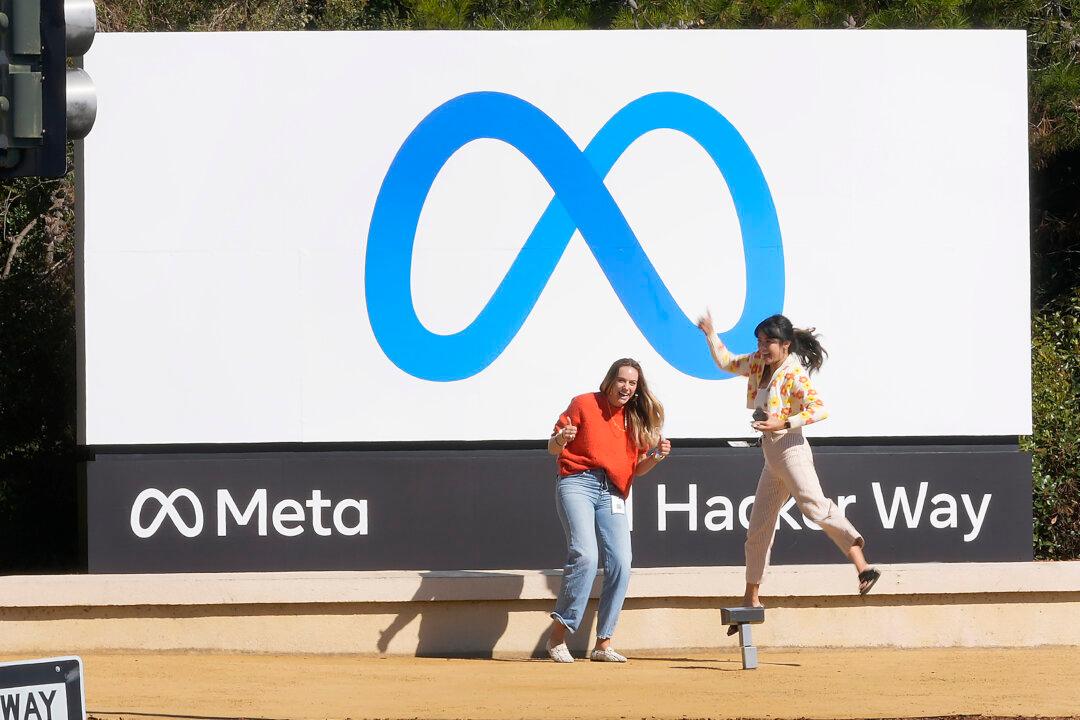Mining billionaire Andrew Forrest has launched criminal proceedings against social media giant Facebook for breaching Australia’s anti-money laundering laws, and for failing to deal with clickbait advertising for cryptocurrency.
Forrest has launched two simultaneous actions, one in the Magistrates Court of Western Australia and the other in the Superior Court of California, County of San Mateo.





